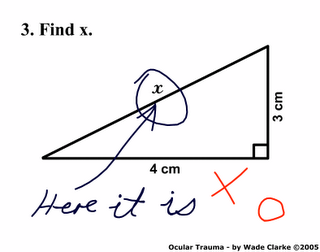Changes, changes, changes... Please, do not tell my mum about them, because she would be very upset with me!
Last July I took a two years leave from IBM. In a very smart move (in my opinion), IBM is paying me a third of my salary during a period that is forecasted to be of low business. I am allowed to work (and I need to!), but, obviously, I cannot work for IBM's competitors. They are investing this money to get a re-energized employee or, if the employee doesn't go back, to have him leave without having to lay him off, saving quite a bit of money.
I plan to take advantage of this by doing lots of learning and following some long time interests that I was performing on top of my formal role of at IBM: dealing/trying to make sense of organizations and teaching.
So what have I being doing during this months? Besides lots of reading and learning,
Ganyet,
Banzy and I toyed with the idea of working together in super-secret super-cool project, but, after a few weeks, I did not find a way to fit my skills into their needs; it is a pity, because world domination is in their road map.
When I left university, I should have made a project to become officially an engineer. I then joined IBM, and I was not disciplined enough to spend my free time finishing the project that I just started before joining. Almost 20 years later, I'm fixing that. And I'm very excited about it, because my project is about the software that should help to
build a community around 1x1microcredit.org, a peer-to-peer micro-lending website that will offers people the possibility to lend money at low interest rates to poor people so that they can escape poverty, just like
kiva.org. PHP aside, I feel very lucky for being able to work in a project that is technically cool and has an even cooler goal.









